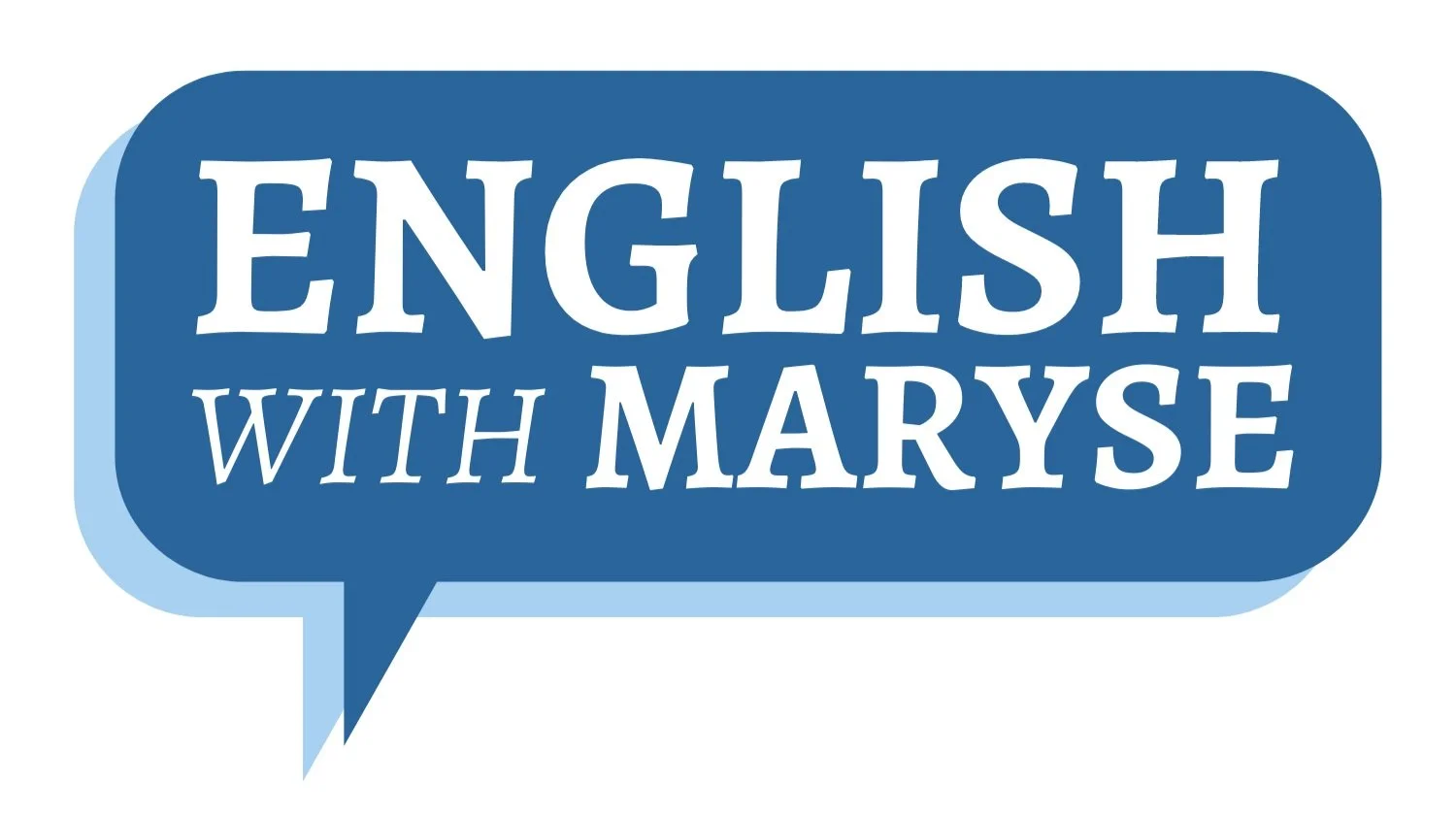The 5 Phrases That Make You Sound Confident in Any Meeting (Even When You're Not)
Walking into a meeting as a non-native English speaker can feel intimidating.
You understand everything, but when it's time to speak, you hesitate. You worry about grammar mistakes or saying the wrong thing. Meanwhile, native speakers seem to effortlessly contribute to discussions.
The secret isn't perfect English.
It's knowing the right phrases that instantly make you sound confident and professional. These five phrases work in any meeting situation and give you the confidence boost you need to participate actively.
Why Confidence Phrases Work
Native speakers use certain phrases automatically. These phrases buy you thinking time, show you're engaged, and position you as a valuable contributor—even when you're still processing information or feeling uncertain.
The best part? You don't need perfect grammar or extensive vocabulary. These phrases work because they follow English communication patterns that colleagues expect to hear.
Phrase 1: "That's a good point. Building on that..."
When to use it: When someone shares an idea and you want to add your thoughts.
Why it works: Shows you're listening, gives you time to think, and positions your contribution as valuable addition rather than disagreement.
Examples:
"That's a good point about the budget concerns. Building on that, we might also consider the timeline implications."
"That's a good point, Sarah. Building on that, I've seen similar challenges in my previous projects."
Practice tip: Use this phrase even when you're not 100% sure what to say next. It gives you 3-4 seconds to organize your thoughts while sounding professional.
Phrase 2: "From my experience..."
When to use it: When you want to share your perspective or expertise.
Why it works: Establishes your credibility, shows you have valuable insights, and gives you authority to speak.
Examples:
"From my experience with international clients, they usually prefer more detailed documentation."
"From my experience in the marketing department, this approach has worked well before."
Practice tip: Don't worry if your experience is limited. Any relevant experience counts—previous jobs, projects, even university work.
Phrase 3: "Help me understand..."
When to use it: When you need clarification or want to challenge an idea politely.
Why it works: Shows intellectual curiosity, allows you to ask questions without seeming confused, and often reveals important information others missed.
Examples:
"Help me understand how this fits with our Q3 objectives."
"Help me understand the timeline—are we talking about implementing this next month or next quarter?"
Practice tip: This phrase is perfect when you understand the words but not the full context. It makes you look thoughtful, not confused.
Phrase 4: "I'd like to suggest..."
When to use it: When you have an idea or want to propose something.
Why it works: Direct but polite, shows initiative, and presents your ideas professionally.
Examples:
"I'd like to suggest we run a small pilot program first."
"I'd like to suggest involving the IT team in this discussion."
Practice tip: Use this instead of "Maybe we could..." or "What if we..." It sounds much more confident and professional.
Phrase 5: "Let me make sure I understand correctly..."
When to use it: When you want to confirm important information or buy time to process complex ideas.
Why it works: Shows attention to detail, demonstrates active listening, and gives you time to organize your thoughts while summarizing.
Examples:
"Let me make sure I understand correctly—we're targeting a 15% increase in Q4, and my team would handle the European markets?"
"Let me make sure I understand correctly—the deadline is next Friday, not next Monday?"
Practice tip: This phrase is excellent for important decisions or complex instructions. It prevents misunderstandings and makes you look thorough.
Putting It All Together: A Meeting Scenario
Here's how these phrases work in a real meeting:
Colleague: "We need to increase our social media presence to compete with the new company in our market."
You: "That's a good point about staying competitive. Building on that, from my experience with our current social media campaigns, our engagement rates are actually higher on LinkedIn than Instagram. Help me understand—are we thinking about expanding to new platforms or improving our performance on existing ones? I'd like to suggest we analyze our current metrics first before making changes."
Notice how these phrases flow naturally together and create a confident, professional contribution to the discussion.
Common Mistakes to Avoid
Don't say: "Sorry, but I think..." Instead say: "I'd like to suggest..."
Don't say: "I don't understand..." Instead say: "Help me understand..."
Don't say: "Maybe this is wrong, but..." Instead say: "From my experience..."
Adapting for Different Meeting Types
Team meetings: Use all five phrases freely. These are collaborative environments where building on ideas is expected.
Client meetings: Focus on "From my experience..." and "Let me make sure I understand correctly..." These show expertise and attention to detail.
Presentations: Use "Help me understand..." for Q&A sessions and "I'd like to suggest..." when proposing next steps.
Practice Plan
Week 1: Choose one phrase and use it in every meeting. Notice how people respond.
Week 2: Add a second phrase to your toolkit. Practice combining phrases naturally.
Week 3: Use three phrases regularly. Focus on smooth delivery and natural timing.
Week 4: Use all five phrases as needed. They should start feeling automatic.
Measuring Your Progress
You'll know these phrases are working when:
Colleagues ask for your input more often
You feel more comfortable speaking in meetings
Your ideas are taken seriously and discussed
You worry less about grammar and focus more on your message
The goal isn't to sound like a native speaker—it's to sound like a confident, professional colleague who contributes valuable insights to every discussion.
These phrases give you the foundation to do exactly that.
If you’d like to learn English with Maryse, book a lesson here.

